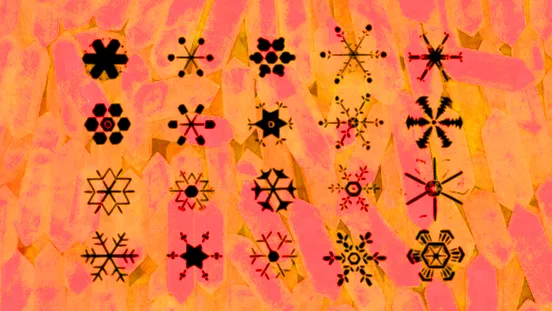
Thought about it for years over lonely lunches.
Most likely nothing new, but maybe my somewhat indifferent stance on it may answer those questions better.
However, I'd need to lean on the foundations of evolution by natural selection, mainly to explain how something comes from nothing (or a needle point). Here's a simplified explanation on it before I go further:-
1a) Evolution is the product of adaptation and imperfect replication.
1b) Adaptation: organisms that survive in their environment stays in the game.
1c) Imperfect replication: genetic mutations, mixed genes, duplication error.
1d) Hence, evolution happens all the time.
2a) Common-sense: complexity arises out of simplicity.
2b) General direction for evolution: simple to complex.
2c) There are less complex organisms in Old Earth.
2d) There are more complex organisms in Current Earth.
Please note: "General direction of evolution"
It doesn't mean that organisms evolve to be more complex all the time. Remember that evolution is just a product of adaptation and imperfect replication. But in general you can assume that it's from simple to complex. Simple or complex, is by no means an indicator of an organism's survivability. Point here is, it would help to think that the origin of life is simple in configuration. It could be complex too, depending on your perspective.
Now onto the main explanation..

The origin of life is the first seed. Doesn't matter if it originated here on Earth. "Origins" of life might even be happening all the time. But here's a definite criteria for the origin of life (that made us):-
- It must be able to survive long enough to replicate.
- It must be able to replicate.
The first life, ironically, doesn't seem to paint a picture of life. It is just a thing that needs to be able to survive and replicate. Let's just call the first life a replicator.
Consider this:-
- The universe is a really huge place. And it's very old.
- Things are happening all the time with or without intelligence.
Imagine if the settings for the entire universe only comprise of the ordered-numbers 1, 2, 3, and absolutely nothing else. It is a very small universe indeed. Now if you break that order of numbers, the setting of the universe changes. You can achieve only 6 settings in this hypothetical universe.
We will have: [1,2,3] [1,3,2] [2,1,3] [2,3,1] [3,1,2] and [3,2,1]
Analogous to the simple universe above, you can think of our universe as a soup of "atomic" configurations, and it's much much larger than just 6 numbers for the entirety its settings. The configurations change all the time - the wind blows, volcanoes erupt, asteroids crashing and adjusting local gravity, etc.
Local configurations change slower, of course. The patch of mud in your backyard doesn't change its pattern and configuration all the time, but hey it might be cooking up a replicator for all you know.
So, the origin of life..

There comes a point in time when something much like an ice-cube mould was formed. Wash liquid over it, and it will replicate ice cubes given the right conditions. Anyway, let's just forget that it's an ice cube mould.
It's just a rough analogy, and the main point is this: one or multiple replicators can arise out of seemingly random "atomic" configurations. Mix the pot for a gazillion years, and what do you get? The first thriving replicator. It only needs a structure that is able to survive long enough and tends to be able to replicate in its environment.
Then, life becomes increasingly complicated. Shit happens, but it's all good.
Disclaimer: I've been involved in engineering, doing stuff like AIs, computer vision, and fault analysis - not for a very long time. But I'm not a biological / life scientist. This write-up is just me being bored during my lunchtime, although my money is 100% into this line of thought! What's yours?
Image credits: Pixabay and here